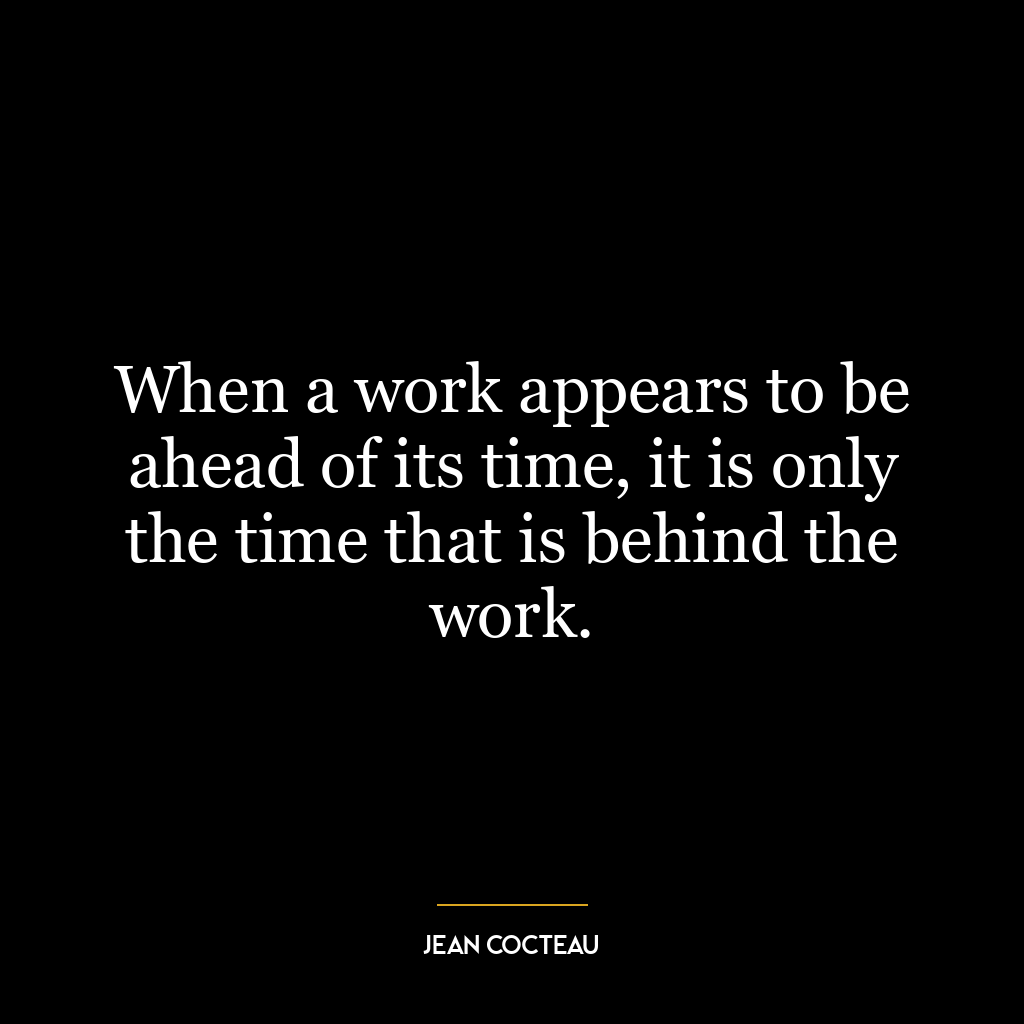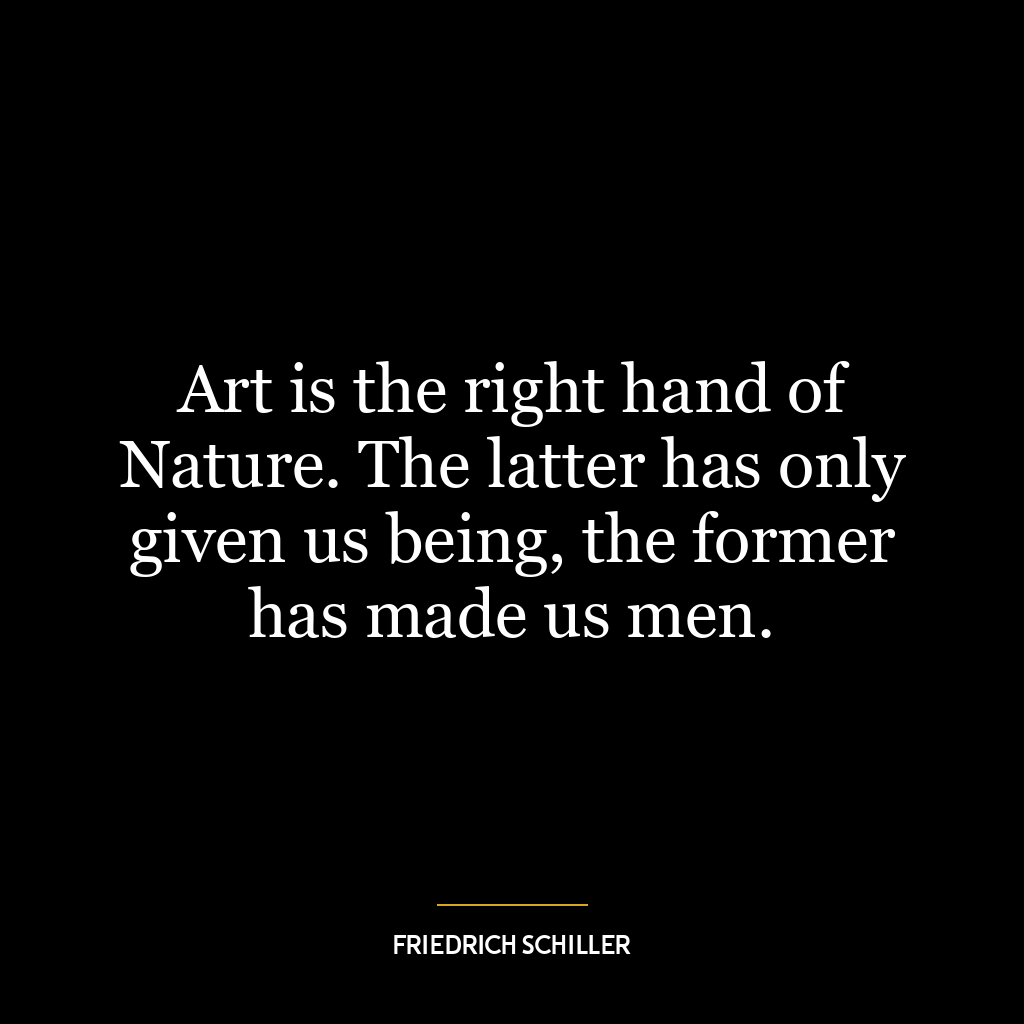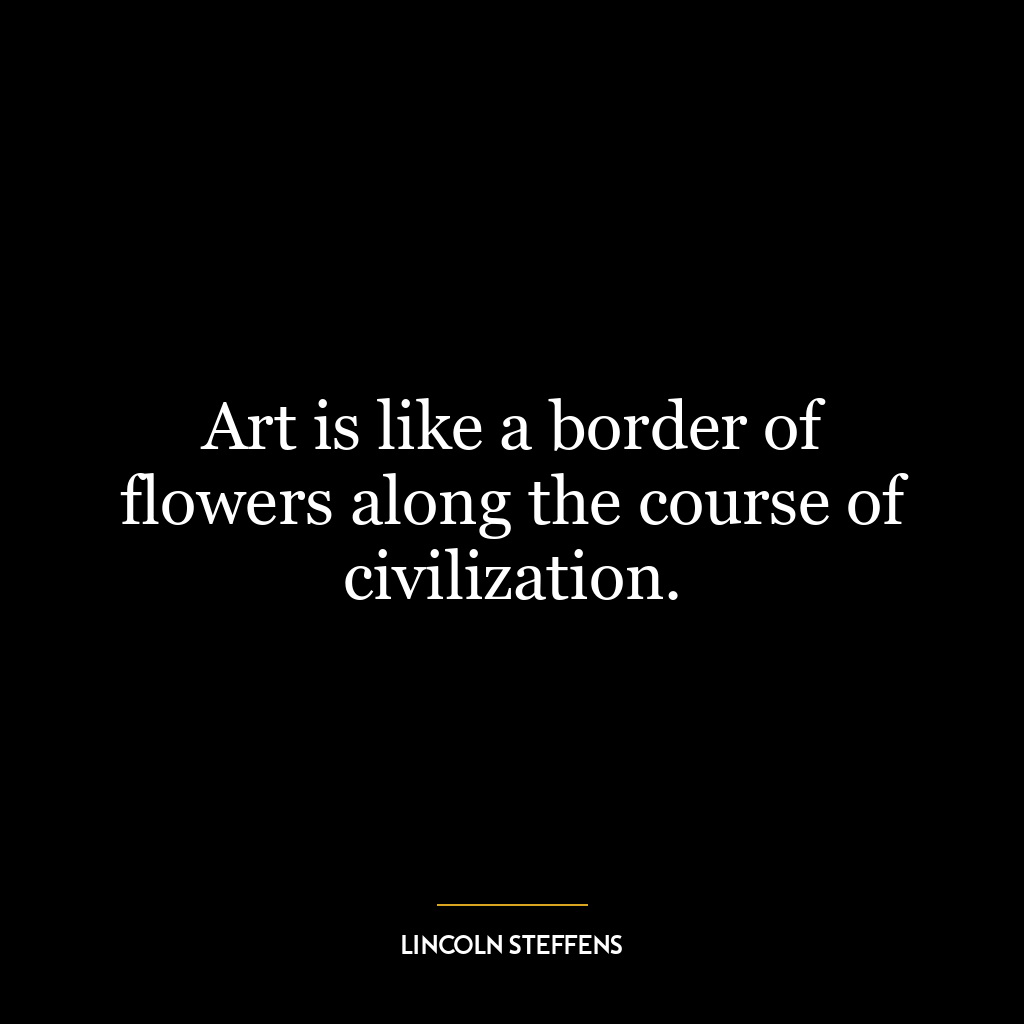It was our love of foreign cloth that ousted the wheel from its position of dignity.
This quote refers to the historical context of India’s struggle for independence, where foreign-made goods, especially British cloth, were flooding the Indian market and negatively affecting local industries. The “wheel” in this context symbolizes the traditional spinning wheel (charkha) used to produce homemade Indian cloth. It was a symbol of self-sufficiency and dignity. By choosing foreign-made cloth over locally made products, Indians were inadvertently contributing to their own economic downfall and dependence on British goods.
The love for foreign cloth ousted the wheel from its position of dignity means that our preference for imported products can undermine our own industries and traditions. This reflects a broader theme of consumer behavior having direct impacts on local economies and cultural preservation.
Applied to today’s world, it could be seen as a commentary on globalization and consumerism. In an era where cheaply produced goods are readily available from international sources, local craftspeople or manufacturers may struggle to compete. This quote could serve as a reminder to support local businesses or industries in order not only to preserve cultural heritage but also promote economic sustainability.
In terms of personal development, this idea might encourage individuals to value what is inherent or native – whether it be skills, talents or resources – rather than striving after external validation or imported ideas of success. It suggests that we should nurture our unique capabilities instead of comparing ourselves unfavorably with others – just like valuing locally made cloth over foreign imports.








